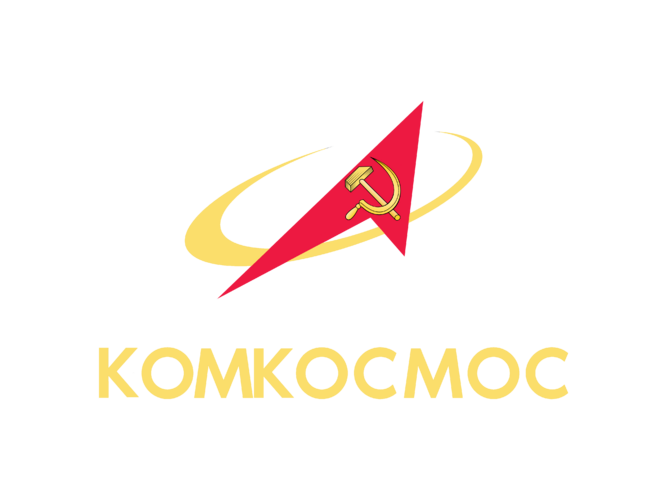TheRejectionist
ACCESS: Secret
- Joined
- 2 February 2022
- Messages
- 232
- Reaction score
- 62
In my thread What If : Operation Gallop Was A Success ? I "made" the Soviets reach up until Belgium, consecutively they take the overwhelming majority of scientists that would get into Operation Paperclip. What would need to happen for the Soviets to reach the Moon before 1969? Would the German minds be of help ?
I am making this thread since I am not knowledgeable on spacecraft or anything related to it, since my career choice has been cooking then teaching English and I understand more about folklore than I do with space vehicles.

